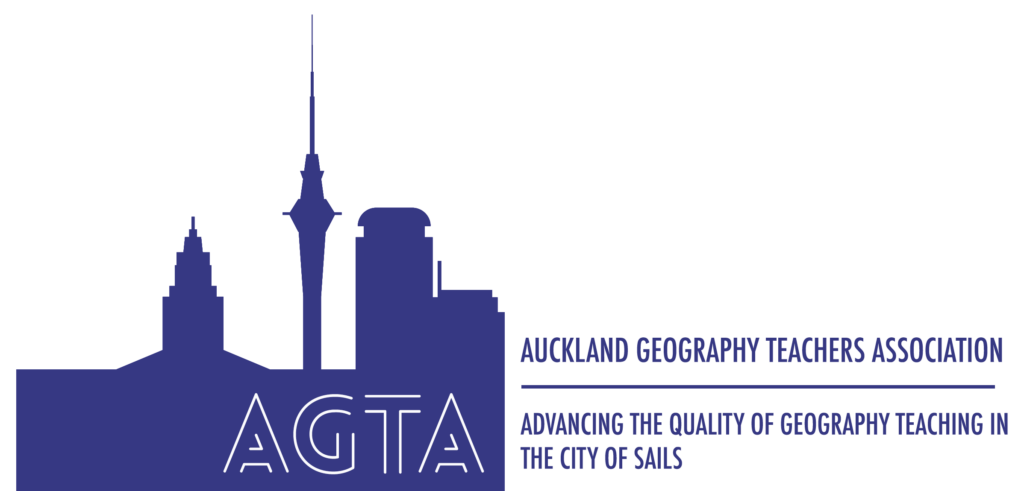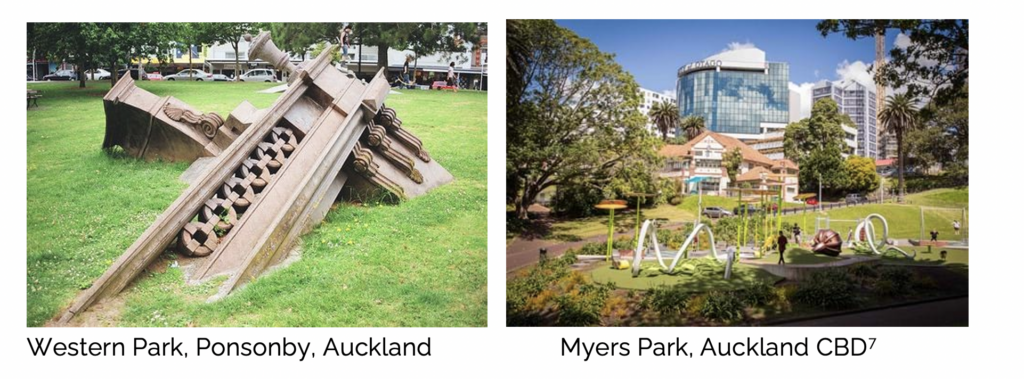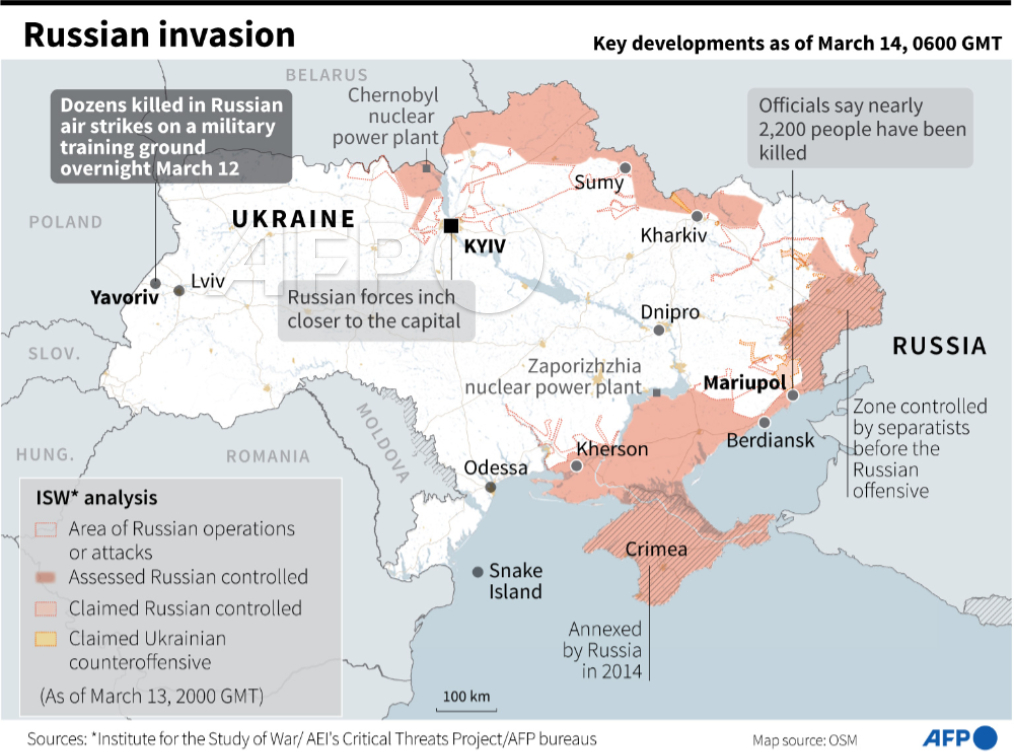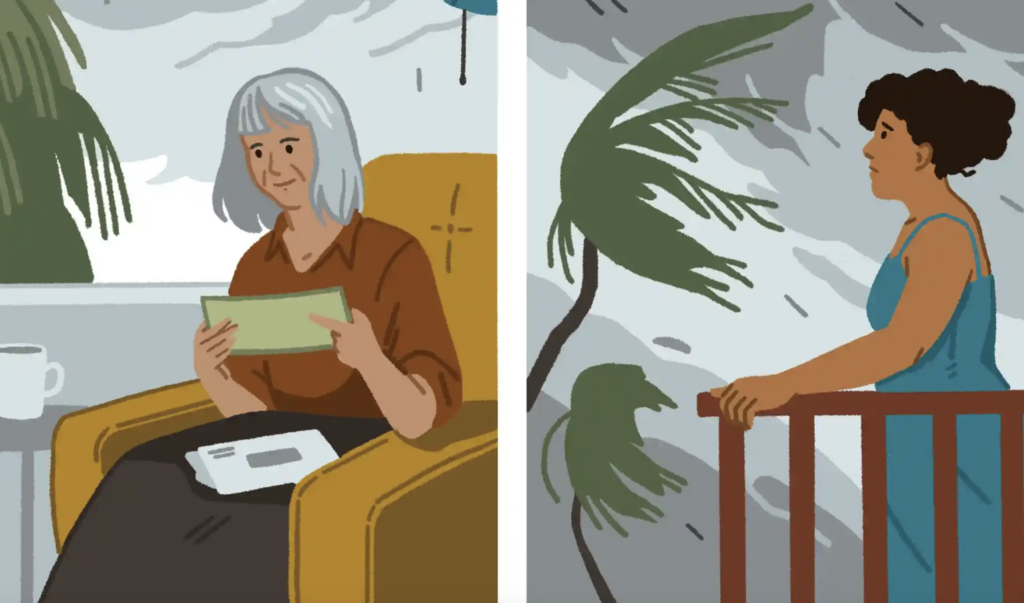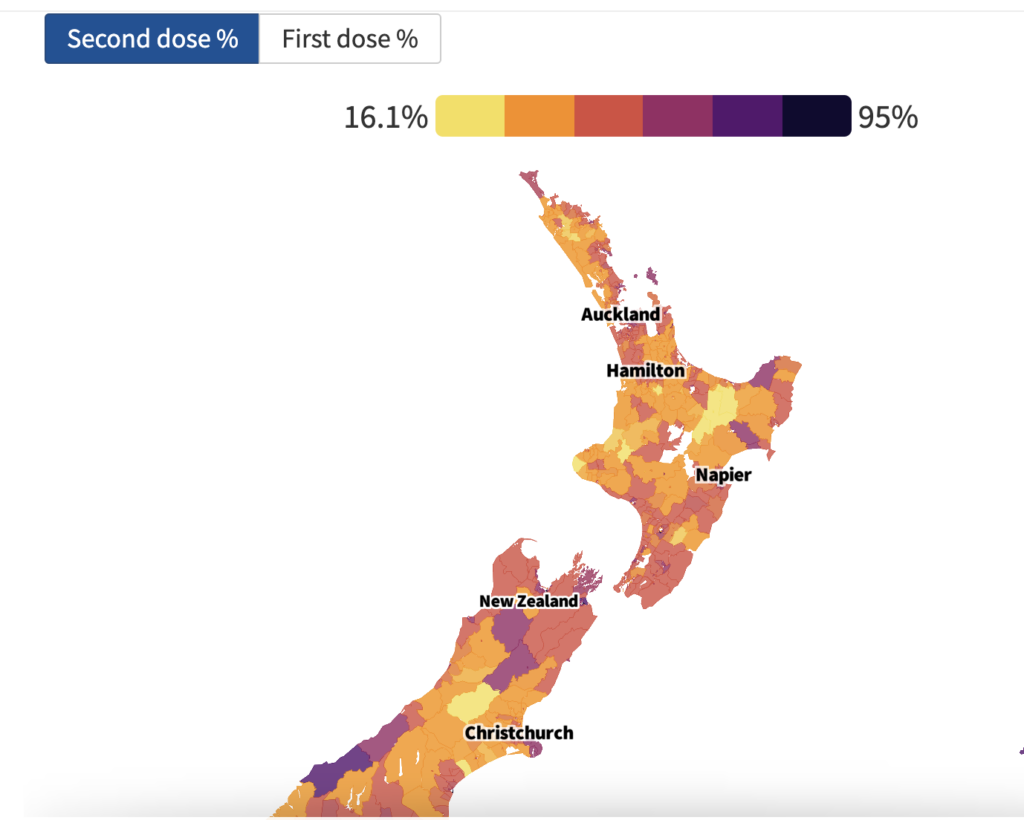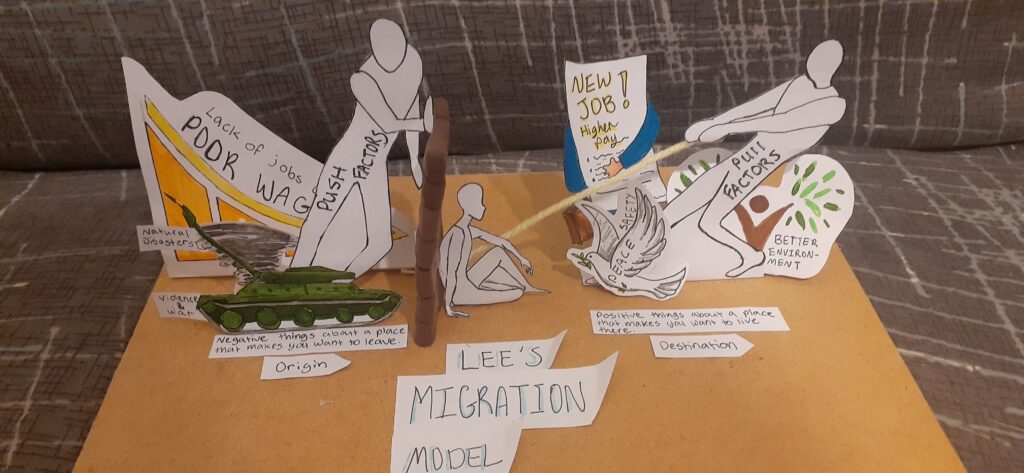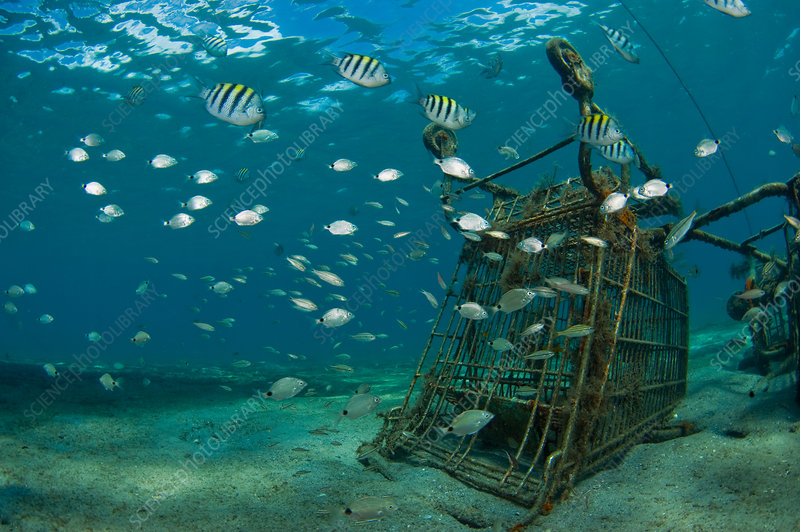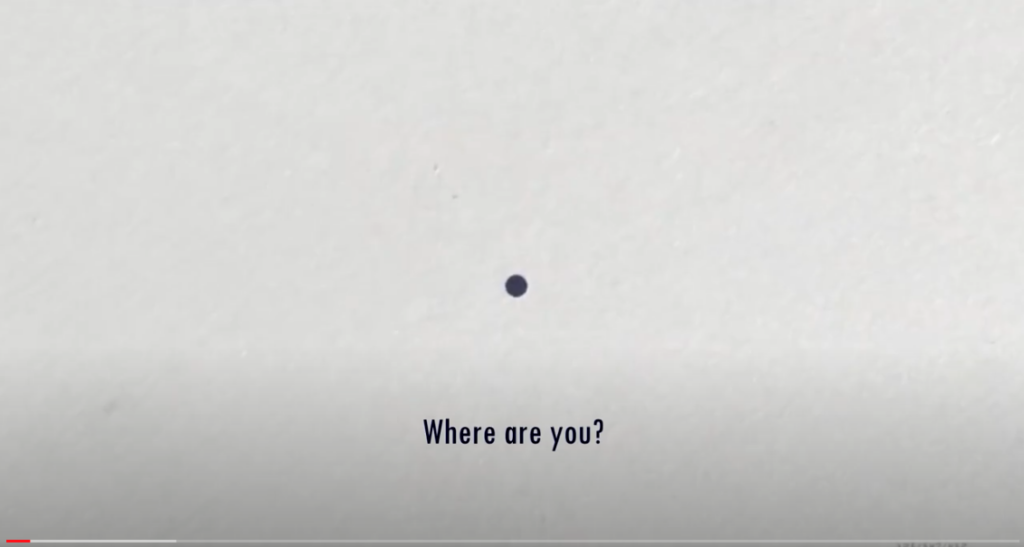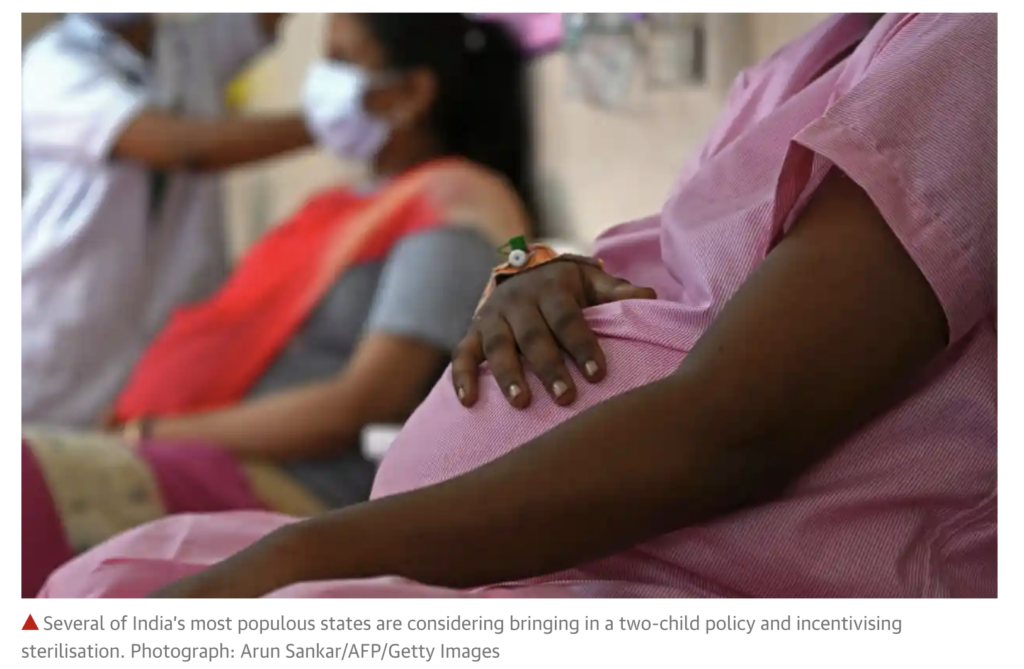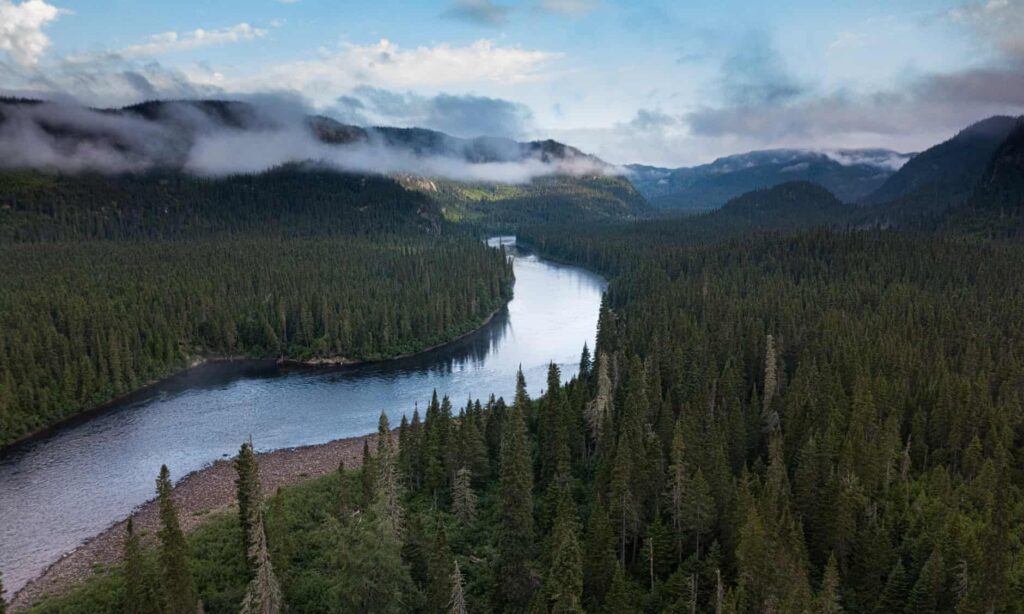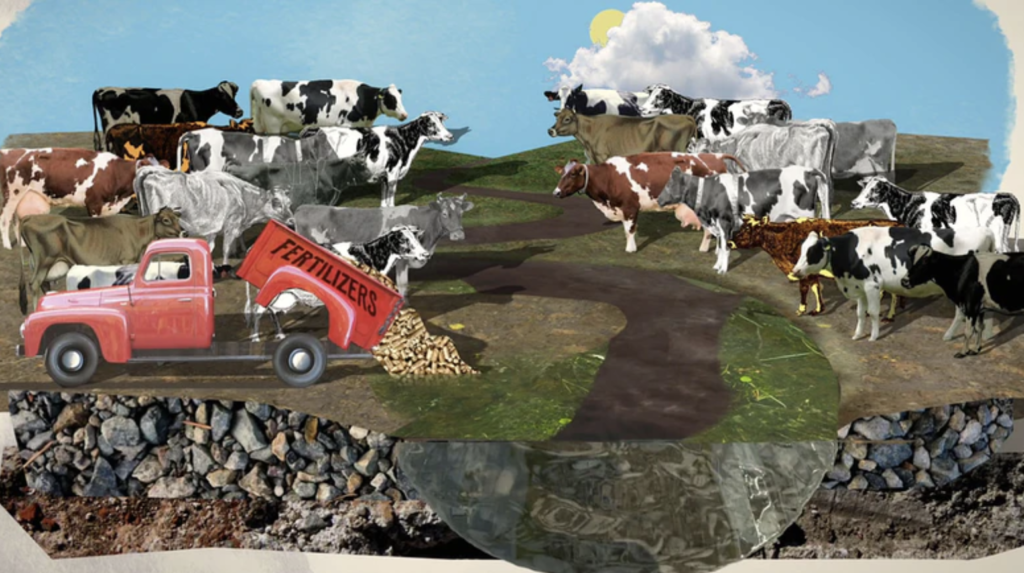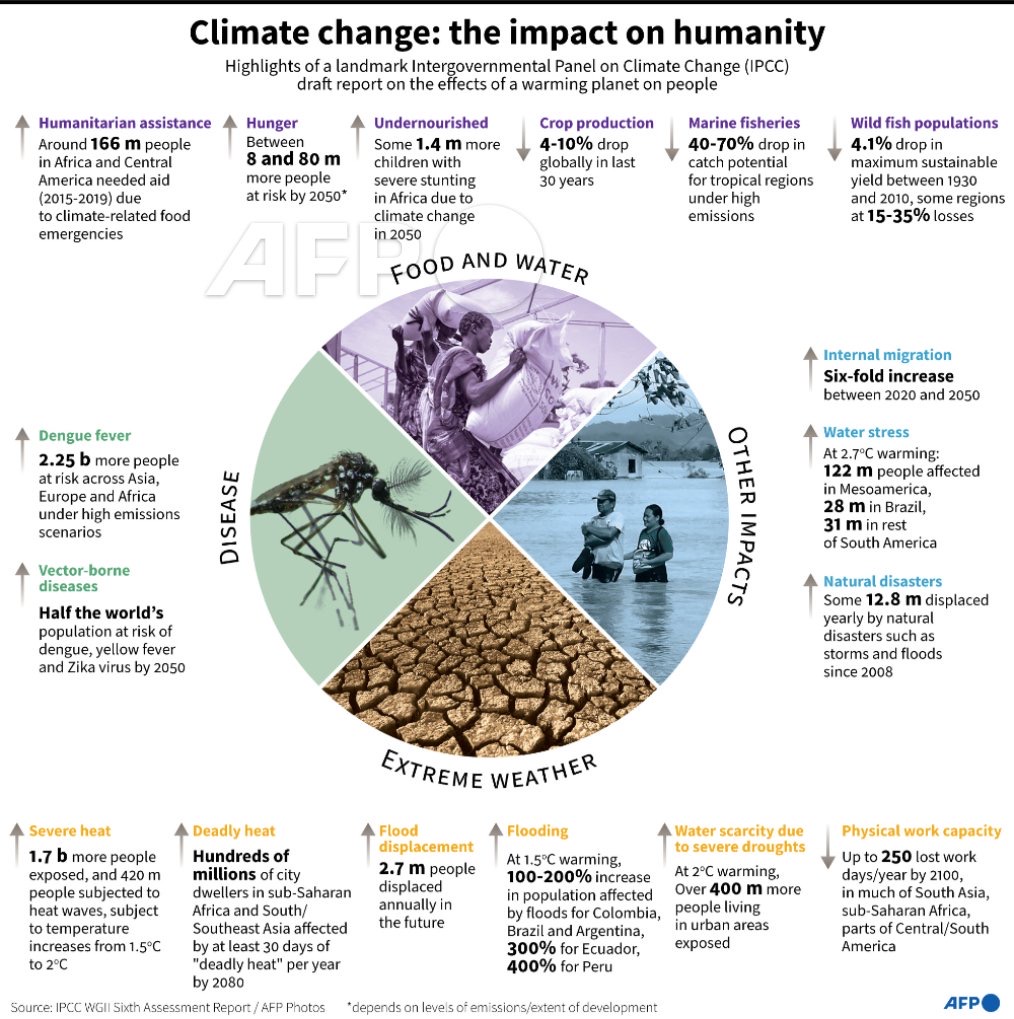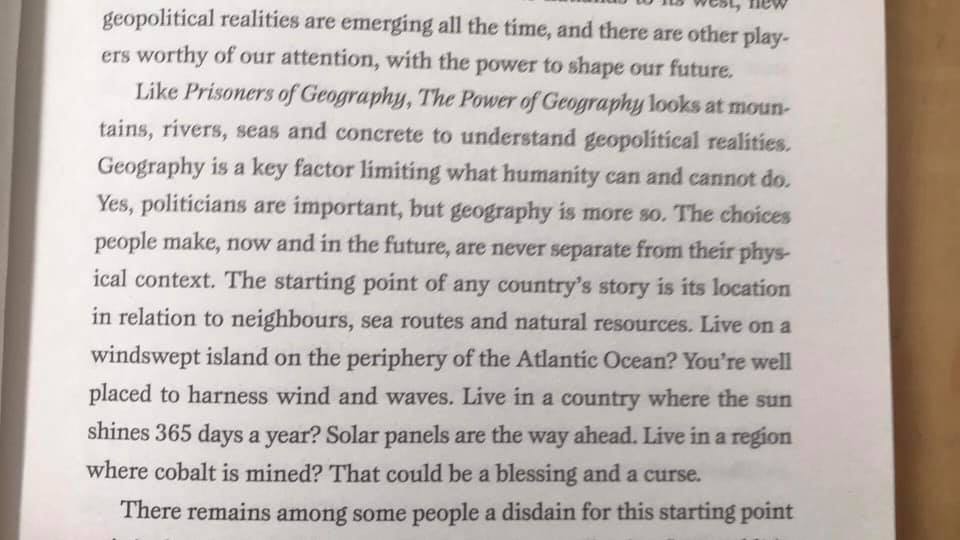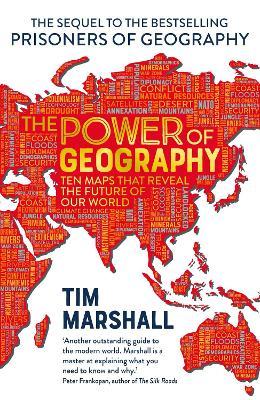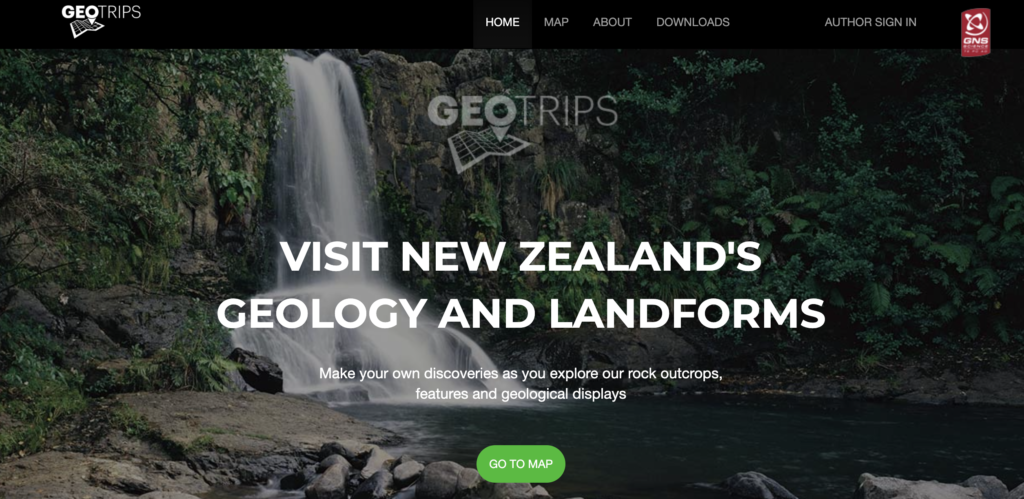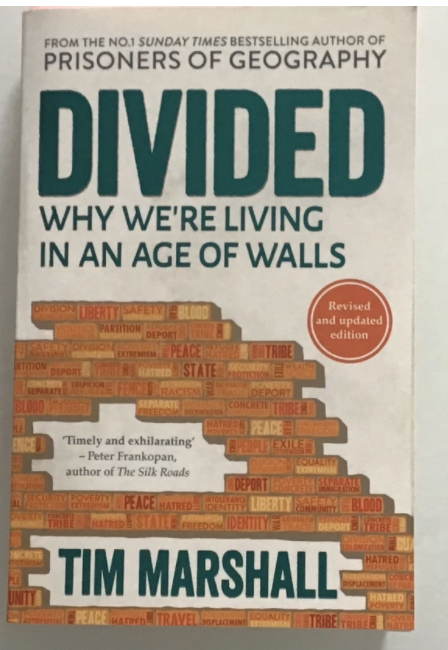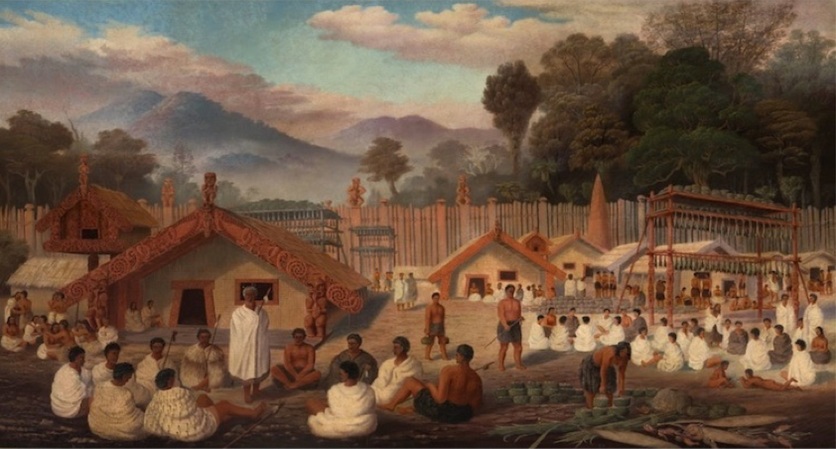
Kia ora everyone,
Earlier this year, the current AGTA committee canvassed opinion from members on the future of the AGTA and held a series of meetings to discuss the issue of declining capacity from members to lead the association.
After a formal vote held at a Special General Meeting, the motion was passed to dissolve the AGTA, thereby drawing to a close twenty five years of teacher-led mahi to encourage and advance the teaching of and research into Geography.
Many geography teachers across the country, the current committee members included, found valuable support and guidance from the AGTA in our early years as classroom educators, whether that be through the website and library of resources that has grown over the years, the end-of-year days hosted by the association, or the advice of many of it’s committee members.
What does this mean for you?
As of Term 3, the AGTA will commence the process of winding up resources, finances and platforms we currently operate on.
The AGTA will not be writing practice exams for 2025.
We will not be charging membership fees for 2025.
The AGTA website will remain live until December 31st, after which it will be closed and all resources on the site will no longer be available. We encourage you to use the time between now and the end of December to save any resources you find useful from the website.
We hold financial resources, which have been carefully managed by committees over the last two decades to provide for events and resources. These resources will be wound up, and the total amount gifted as a donation to our parent organisation, the New Zealand Board of Geography Teachers (NZBoGT).
The AGTA has three Scholarship Geography lectures organised in collaboration with Waipapa Taumata Rau | University of Auckland which will still be going ahead. These will take place on Tuesday 29th July, Tuesday 12th August, and Tuesday 26th August. You can find details of these sessions below. From 2026, this lecture series will hopefully continue with the support of the NZBoGT.



As the current, and outgoing committee of the AGTA, we would like to say a massive thank you to everyone who has volunteered for the AGTA, shared resources, attended events or been involved in any way in our mission to support the teaching of geography across Tāmaki Makaurau Auckland.
A very big thank you to the each of these former Chairs of the association:
Margaret Leamy, John Allpress, Jane Evans, Jean McCann, Mary Robinson, Mallory O’Brien, Eleanor Rattray and Aidan Daly.
And to each of these former committee members:
Jane Foster, Kath Hornabrook, Craig Bush, Nick Coughlan, Amanda Cox, Jane Evans, Margaret Leamy, Hamish McMillan, Julie O’Brien, Nick Osborne, Philippa McLellan, Kerry Coulshed, Jacinda Andrews, Sarah Wakefield, Sally Brodie, Steve Mouldey, Nick Lewis, Hannah McMillan, Claire Osborne, Lysandra Cleere, Amanda Cox, John Blyth, Tim Gibb, Roger Latch, Jean McCann, Sarah Bryson, Sarah Kemble, Amy Dennis, Philip Hornblow, Jade Thomas, Lizzy Knight, Mary O’Malley, Claire McKay, Grahame Cope, Ben Alexander, Matt Haines, Emma McNeish, Rebecca Hudson, Gillian McCaskey, Jennifer Mayne, Mariska Visser, Hannah Wood, Michelle Harvey, Gill Hanna, Holly McDonald. Eleanor Rattray, Mallory O’Brien, Briar Sladen, Ryan Purdie, Natazia McKee, Hannah Lightfood, Heather Robert, Sarah Curtis and Jess Miller.
Ngā mihi,
Aidan, Ryan, Eleanor, Mallory, Sarah, Michelle, Natazia & Jess
The 2025 AGTA Committee

